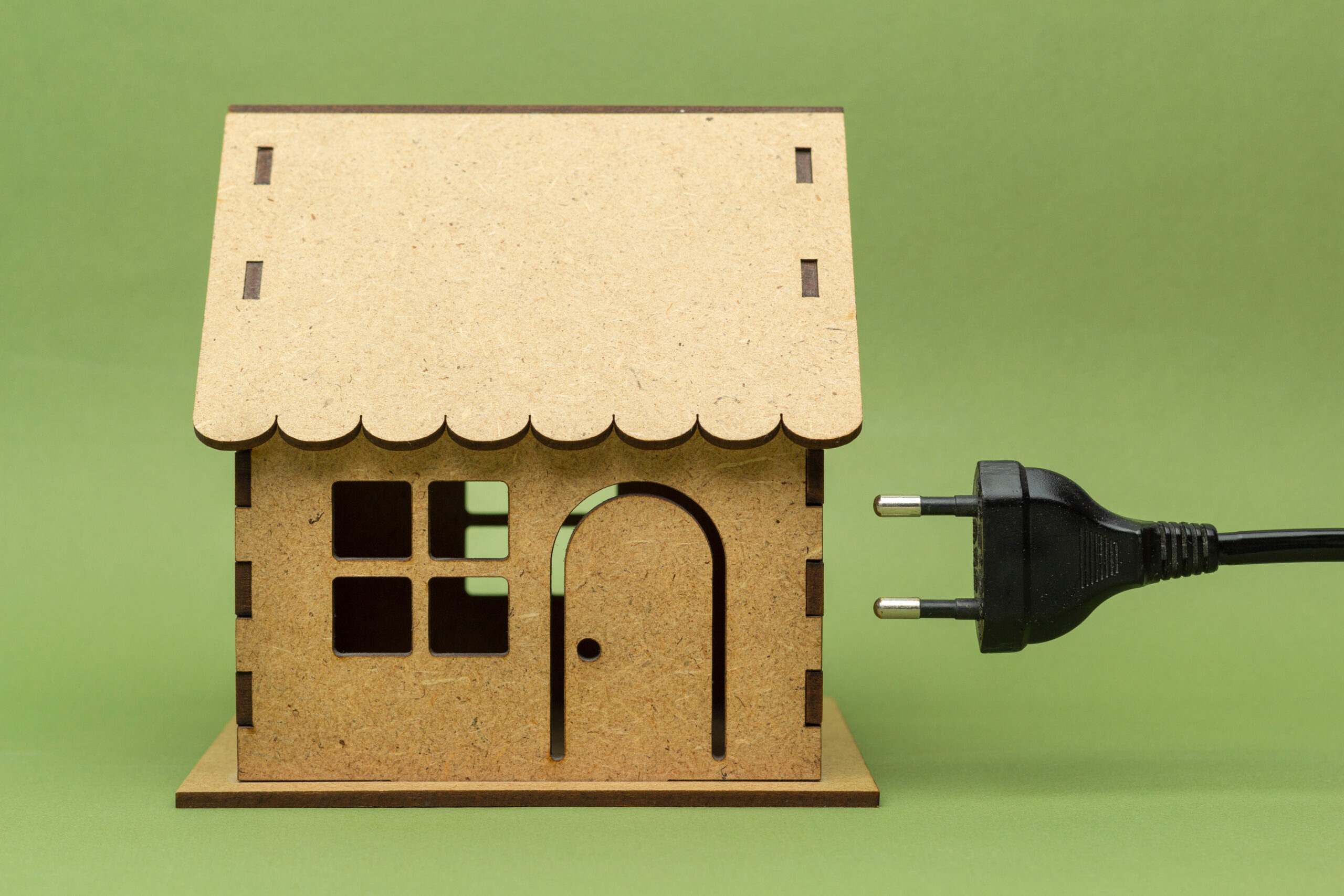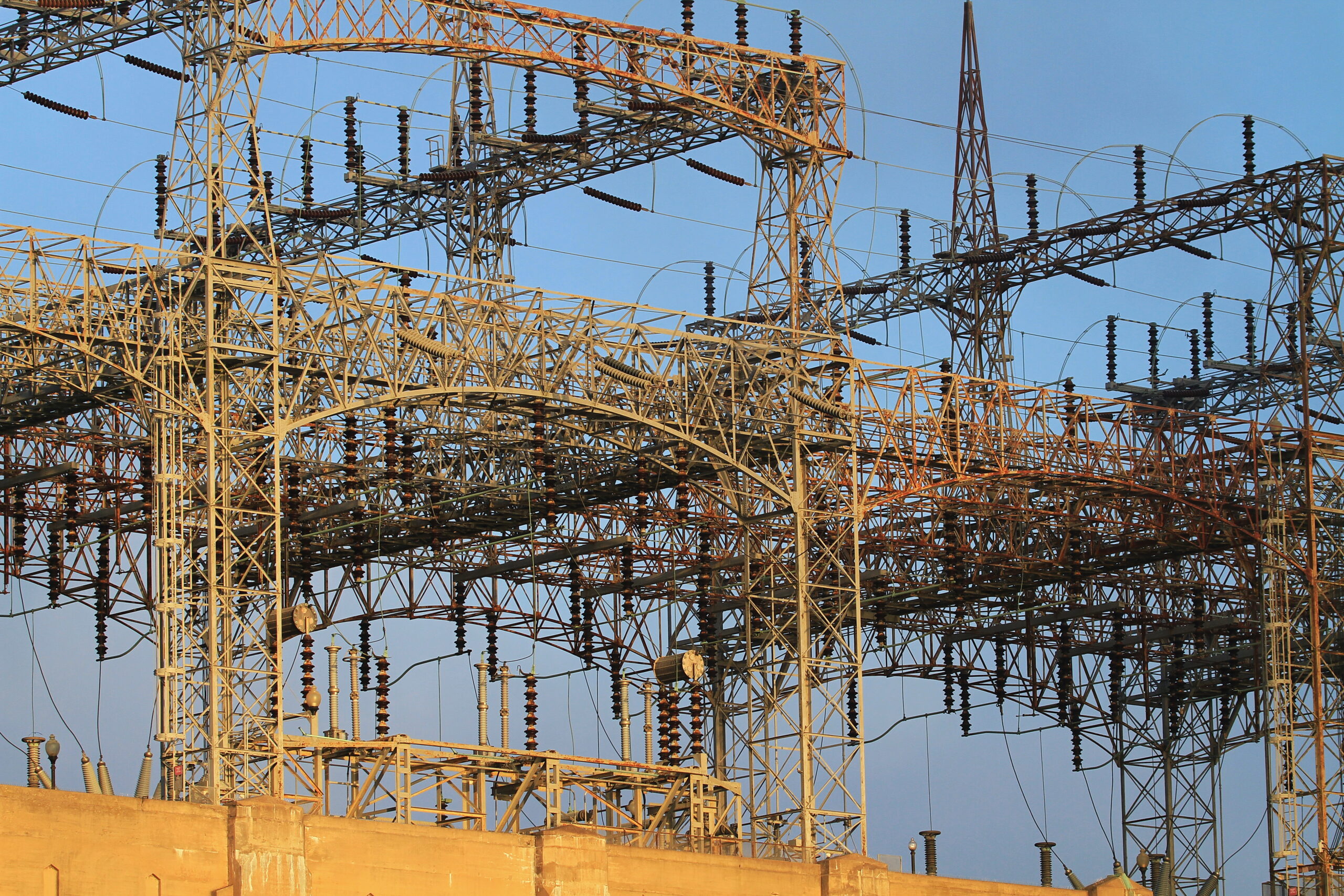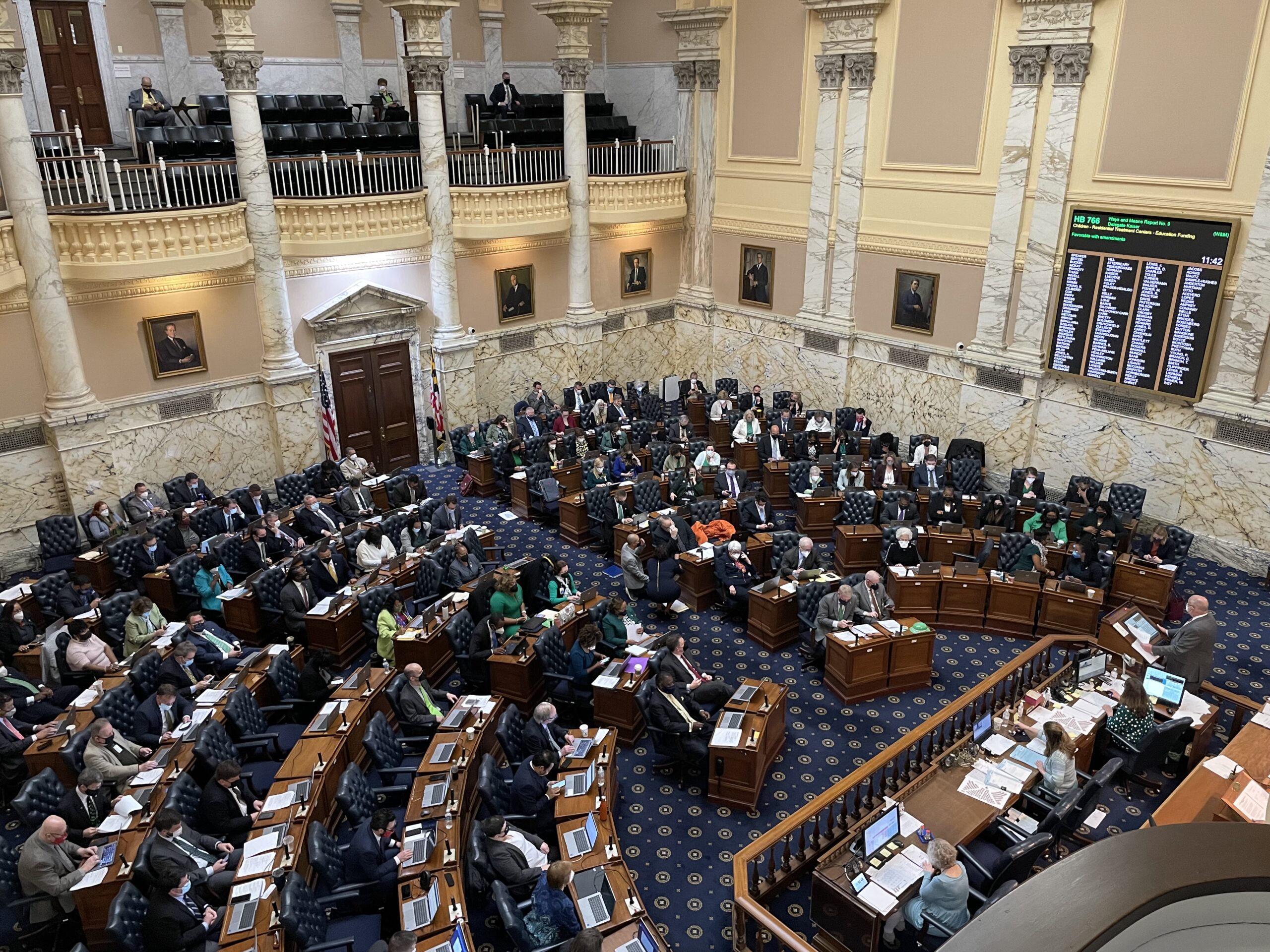Opinion: Lawmakers should move quickly to pass changes that strengthen EmPOWER energy efficiency program

By Emily Scarr
The writer is director of Maryland PIRG, which issued a recent report on how to strengthen EmPOWER. She can be reached at [email protected] and on Twitter @emilyscarr.
With the end of the 2023 legislative session fast approaching, the Maryland General Assembly should move quickly to finalize timely legislation to update and improve EmPOWER Maryland, the state’s energy efficiency program.
EmPOWER, launched in 2008, has saved ratepayers more than $4 billion on energy bills and reduced Maryland’s greenhouse gas emissions by the equivalent of 9.6 million metric tons of carbon dioxide. That’s equal to taking 2 million cars off the road for a year.
Now, as the utilities are about to begin planning for the next three-year cycle of EmPOWER, the General Assembly is considering House Bill 1035 to adjust the program to include goals for reductions of harmful climate emissions and additional consumer protections to ensure the shift does not undermine the program’s history of providing savings and in home energy efficiency directly to consumers.
Economic Matters Vice-Chair Brian Crosby (D-St. Mary’s), Del. Lily Qi (D-Montgomery) and Del. Lorig Charkoudian (D-Montgomery) put in tremendous effort to strengthen HB1035. As amended and passed by the Economic Matters Committee, the bill will build on the decades long success of EmPOWER by sparking more energy savings, delivering more for low-income customers, and supporting the state’s climate goals.
The bill continues EmPOWER’s effective focus on weatherization and rebates for efficient electric appliances and home heating, while improving the utility-run part of EmPOWER Maryland and the low-income program run by the Department of Housing and Community Development.
The bill would make sure EmPOWER helps Maryland reach its ambitious clean-energy goals by setting a clear goal for greenhouse gas emissions reduction and enabling incentives for switching to electric heating and appliances. Burning fossil fuels in our homes — such as in gas stoves or furnaces — produces greenhouse gasses and toxic air pollution. Research has found that living in a home with a gas stove increases a child’s risk of concurrent and lifetime asthma by approximately 32%.
The bill also includes guardrails to ensure that the utilities continue to deliver savings directly to ratepayers through in-home energy efficiency updates.
And, the bill keeps EmPOWER costs down by requiring that costs be recovered through the EmPOWER surcharge as a utility expense and extending the timeline to pay down existing debt. It also directs the Public Service Commission, which oversees the program, to establish performance standards for the utilities to hold them accountable to their goals.
EmPOWER has historically offered no direct incentives to the utilities to meet their goals, nor penalties for failing to do so. Yet, Maryland utilities have profited significantly more than utilities in other top states for efficiency due largely to the way the program was paid for. Making a small profit on EmPOWER is not a bad thing, but HB1035 will help prevent dramatic cost increases.
HB1035 also incorporates legislation from Sen. Brian Feldman (D-Montgomery), chair of the Education, Energy and the Environment Committee, and Del. Charkoudian to set performance targets to ensure low-income homeowners aren’t left behind when it comes to energy savings. This bill was vetoed by then-Gov. Larry Hogan (R) last year. The current program has underdelivered for low-income households. According to the Maryland PIRG Foundation report, limited-income households represent at least 26.5% of households statewide, but only 17% of residential spending under EmPOWER is allocated for them.
These updates to EmPOWER are backed by consumer advocates, environmentalists, low-income groups, faith leaders, and public health organizations. Investing in energy efficiency is one of the smartest investments Maryland has ever made. As amended, HB1035 will ensure the state is working smarter to save more and pollute less.




 Creative Commons Attribution
Creative Commons Attribution